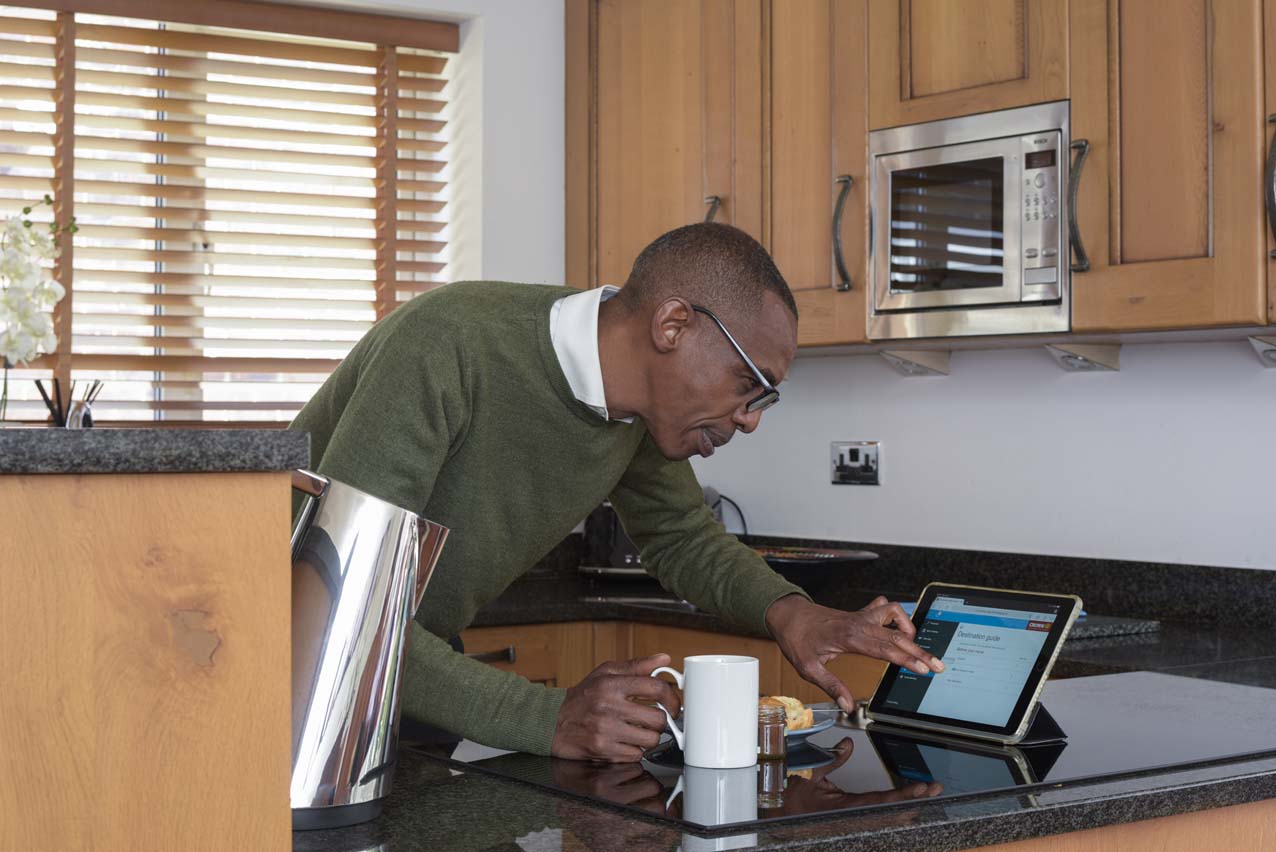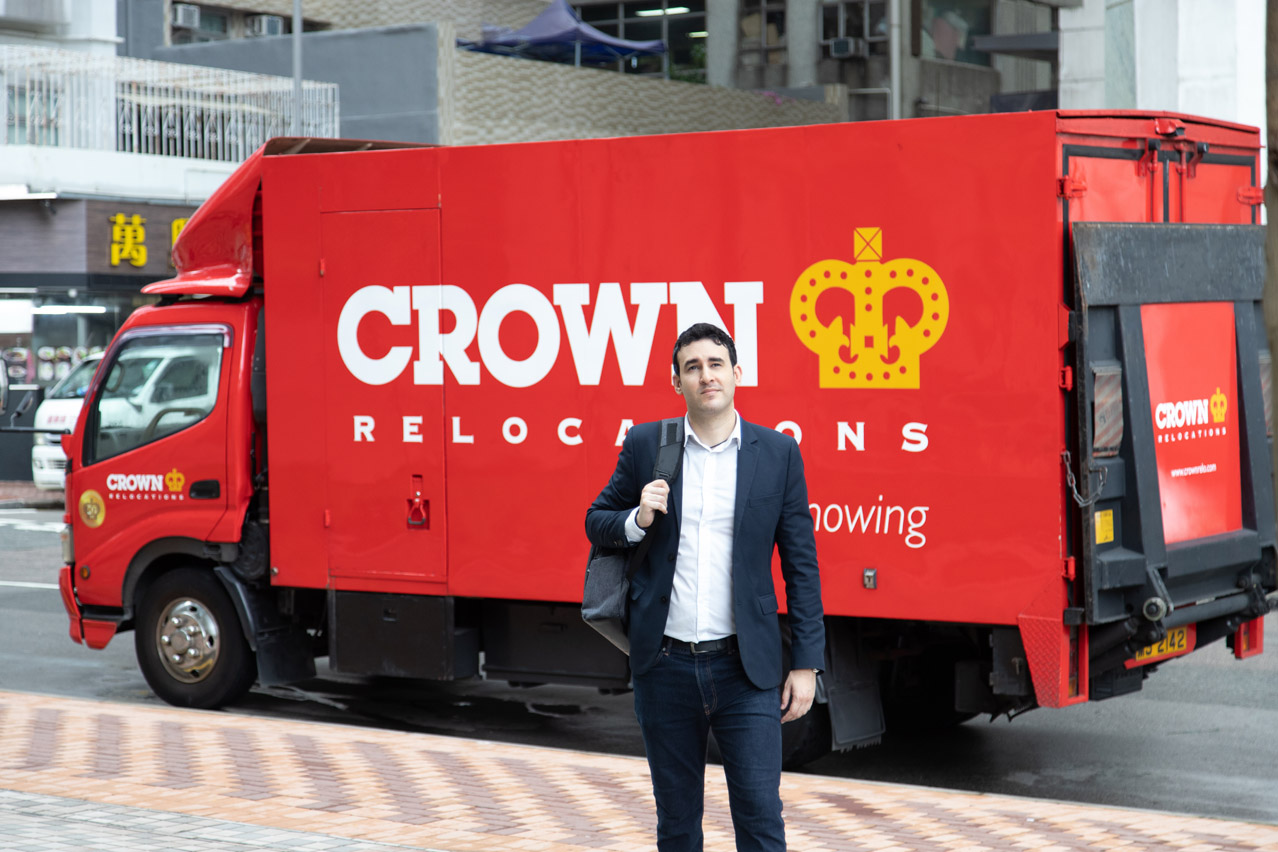1. What type of visa will you need?
Check all requirements for your destination country. Ensure you have all the necessary documents and permits well in advance of your move as possible. International activities require careful logistics, so create a detailed moving plan to avoid last-minute stress.
A significant first step in understanding which visa is best for you, is to visit the official Embassy website of the country you are proposing to move to or the specific consulate in your home country. Contacting them will ensure receipt of detailed and up-to-date information about visa options, the specific application procedure, and any recent changes to visa policies. You may also wish to contact an immigration advisor to ensure you have the latest guidance for your specific circumstances.
Another way to check out legal visa requirements for a specific country you are moving to is by clicking on visa requirements for moving internationally.
Ensure you have the correct visa, as there are many types depending on the reasons you are moving and the country, i.e. Work Visa, Family Visa, Tourist Visa and Investor Visa.
Ensure all legal and administrative matters are in place and valid: Ensure your legal documents are in order, including passports, IDs, birth certificates, and any necessary translations or certifications.

2. What is the best way to move your belongings?
When considering moving your belongings from your current home to a new country, there are many factors, such as distance, quantity of items, custom clearance, whether you can use the items in the new destination, budget, and timeline. These are all essential points to consider.
A popular route is to select an international moving company such as Crown Relocations that specialise in overseas relocations. It will ensure your peace of mind as they specialise and assist with the packing, shipping and customs procedures taking one more thing off your to-do list! Companies such as Crown Relocations can also help calculate the cost of your move so you can ensure you plan which items you wish to take with you and those you will leave behind.
Other points to consider are to declutter and pack wisely. Will you require everything in your new location? Consider selling or donating any items you may no longer need.
The best approach taken by many people who relocate internationally is to research your options online and ensure plenty of planning for a smooth relocation process. Prioritise what to take and declutter items you don't need. Consider packing essential documents and valuables in a separate, easily accessible bag.

3. Opening a bank account in your new country of residence
Understand the financial implications of your move, including currency exchange, banking, and taxes. Notify your banks about the move and consider setting up a local bank account in your destination country. You can open a bank account before you move. If not, then as soon as you arrive, this is important as you will need this for assisting with paying bills, setting up utilities and sending and receiving money. As a new arrival talking directly with somebody in a bank branch is often the most popular approach. Generally, a range of documents will be required, including a passport or driving license.
Depending on your residential status, you will usually need to provide some Social Security Number or Individual Taxpayer ID. Usually, as a newcomer, temporary numbers are issued in order not to hold anything up.
As with many countries' banking regulations, you must also supply proof of your residency status, typically your visa, and proof of address via a utility bill or lease agreement.
Opening a bank account is usually straightforward, or you may opt for an online banking option as plenty are recognised internationally and do not charge for transactions in different currencies.

4. Healthcare insurance - what you need to know
Research the healthcare system in your new country and get international health insurance to cover any medical needs during your transition period.
There are many options for healthcare. If you have researched the healthcare system in the country of destination and you feel it does not cover your needs, you can consider a private health cover which there are many options for including general Global Expat health insurance which specialises in covering the needs of an expat living and working abroad and is offered by various companies enabling you access to private international healthcare cover.
When selecting insurance there are several levels to choose from, so ensure the level you choose is correct for your needs, requirements, and budget. Do the research and find out the country's requirements and facilities offered. In some countries, it is optional to have a health insurance plan. Confirm the cost of health care, as this can be extremely high. It is advised to cover yourself with health insurance and include all members of your family who are making the move with you.
If moving to work in a new country, your employer may provide health insurance in the form of Employer-Sponsored Insurance. This will ensure that you and your family receive the necessary health insurance as part of your benefits package so check beforehand.
Health Insurance providers will be the primary option in a healthcare plan if you cannot gain employee-subsidised insurance. A range of providers are available, and you must select one that suits your financial situation. Often the health insurance you can afford dictates the healthcare you receive as this will dictate which hospitals and doctors are available to you, so it is essential to choose this wisely. Some countries offer specific healthcare programmes for new arrivals, so it will be worth checking the local resources available.
When it comes to hospitals, there may be an option for private and public, so it is advisable to check out the options which each offer. The advantage of personal medical care is often shorter waiting times and access to world-class doctors and medical technology.
It's also worth noting that in some countries, medicines at pharmacies are also chargeable, so if you are charged, you will want to keep your receipts to bill back to your insurance provider. It is important to note that in many countries, you may be turned away from medical centres or hospitals if you do not have healthcare insurance in place.

5. What is the best way to find somewhere to live?
Wherever you plan to move, you will find different types of accommodation available. As with many countries, housing is pricy in large cities and cheaper on the outskirts.
Renting is usually the preferred option when first moving to a new country. This will ensure you can try several different housing types or locations to suit your needs.
Start by researching the area you plan to move to, and you will find plenty of websites offering all types of property types and rental periods. While plenty of free websites can assist your process, you can also work with an estate agent, although as they tend to specialise in finding people homes to rent and buy, there is often a fee involved. Typically, this will be a month's rent paid as a commission.
Ensure you find out if the internet providers are reliable in the area you move to if this is a critical service required. When you leave your current home, ensure you notify and cancel any utility companies, internet providers, and any subscriptions you may have.
Moving can be challenging, so stay patient and adaptable during the process. Embrace the adventure and the learning opportunities that come with it. Ensure to stay Connected with Family and Friends: Keep in touch with loved ones back home through video calls, social media, or visits to maintain your support network.
Take the time to explore your surroundings and new country, its landmarks, natural beauty, and local attractions. It will help you feel more at home and acclimated to your new environment.

Moving internationally is an opportunity for personal growth, cultural exchange, and exciting adventures. Embrace the journey with an open mind and positive attitude, and you'll soon flourish in your new home abroad. Bon voyage, and best of luck with your international move!
Need some help! Get in touch with our Crown Relocations professional team now.
Contact us